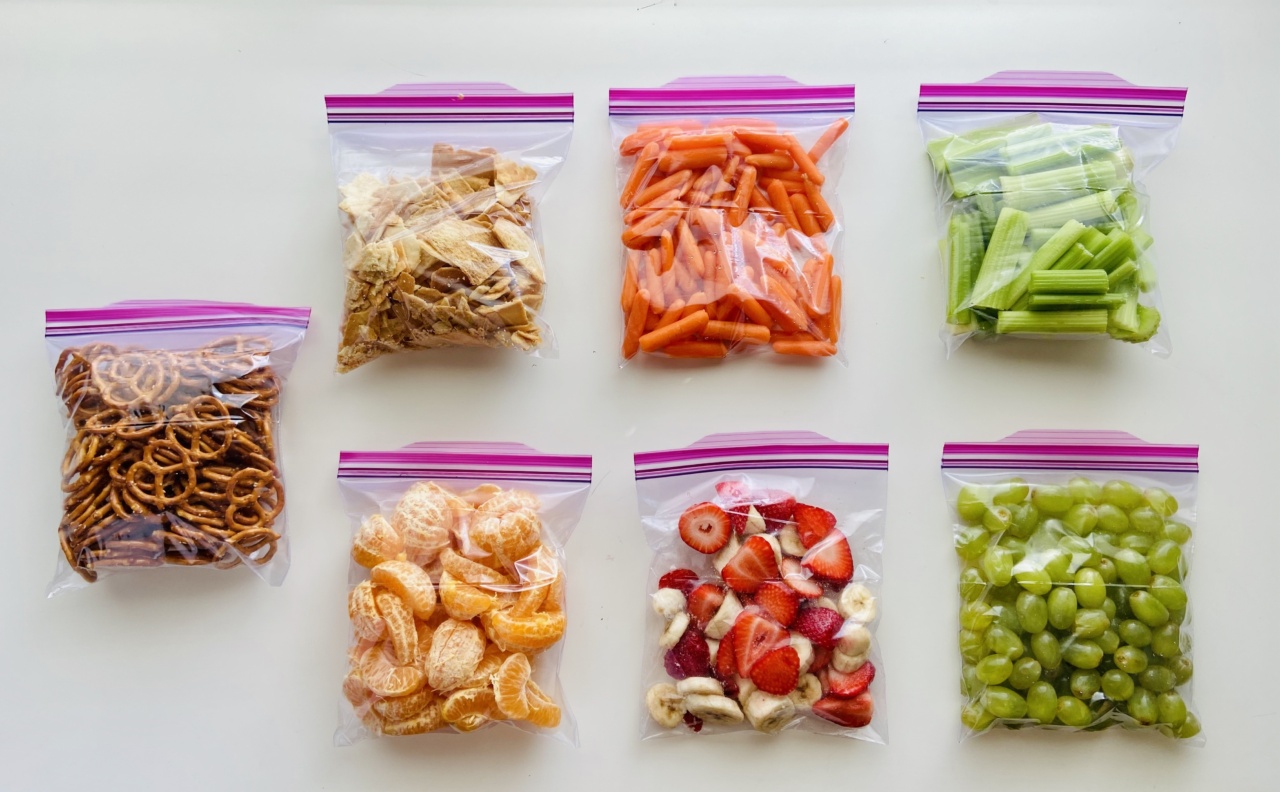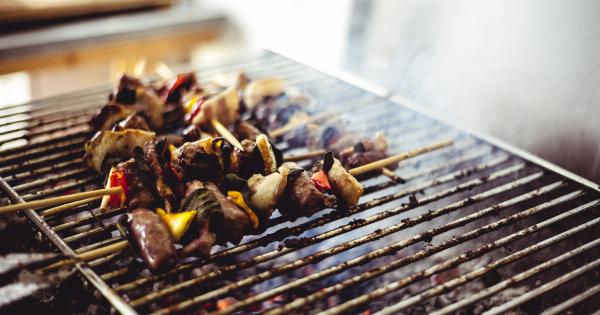One of the biggest challenges when it comes to buying fresh fruits and vegetables is keeping them fresh for as long as possible. It can be frustrating to buy a batch of delicious produce only to have it spoil within a few days.
However, with the right storage tips and techniques, you can extend the lifespan of your fruits and veggies and avoid unnecessary wastage. In this article, we will explore some effective ways to keep your fruits and vegetables fresh longer.
1. Store Apples Separately
Apples are notorious for releasing ethylene gas, which speeds up the ripening process of other fruits and vegetables nearby. To prevent your other produce from spoiling quickly, it is advisable to store apples separately.
Keep them in a cool, dark place to maintain their freshness.
2. Avoid Washing Before Storage
While it may be tempting to wash your fruits and veggies as soon as you bring them home, it’s best to avoid doing so before storage.
Moisture can promote mold and spoilage, so it’s better to wait until you’re ready to consume them before giving them a good rinse.
3. Store Potatoes in a Cool, Dry, and Dark Place
Potatoes should be stored in a cool, dry, and dark place to prevent them from sprouting or turning green. Exposure to light can lead to the formation of solanine, a toxic compound found in green potatoes.
A pantry or a cellar is an ideal spot to store your potatoes.
4. Keep Berries in the Fridge
Berries are delicate fruits that have a short shelf life. To keep them fresher for longer, store them in the refrigerator. Make sure to remove any spoiled or mushy berries to prevent spoilage from spreading to the rest of the batch.
5. Wrap Leafy Greens in Paper Towels
Leafy greens like lettuce, spinach, and kale tend to wilt quickly. To keep them fresh longer, wrap them loosely in paper towels before placing them in a plastic bag or airtight container.
The paper towels will help absorb excess moisture, keeping the greens crisp and fresh.
6. Store Citrus Fruits in the Fridge
Citrus fruits such as oranges, lemons, and limes can be stored at room temperature for a few days. However, for longer storage, it’s best to keep them in the refrigerator.
The cool temperature will help slow down the ripening process and prevent spoilage.
7. Store Tomatoes Stem-Side Down
Tomatoes should be stored stem-side down to prevent air from entering and moisture from exiting the fruit. Storing them this way helps to keep them juicy and fresh for a longer period.
However, it’s still important to use them within a week or so, as tomatoes have a relatively short shelf life.
8. Separate Bananas Once Ripe
When bananas ripen, they release a significant amount of ethylene gas, which can hasten the ripening of other fruits nearby. If you want to extend the shelf life of your fruits, make sure to separate ripe bananas from the rest.
You can even wrap the stem of the bunch with plastic wrap to further slow down their ripening process.
9. Keep Onions and Garlic in a Cool, Dry Place
Onions and garlic should be stored in a cool, dry place with good air circulation. Avoid storing them in plastic bags, as they need proper ventilation.
Hanging them in a mesh bag or keeping them in a wire basket will help to maintain their freshness and flavor for longer.
10. Avoid Overcrowding in the Fridge
Proper airflow is crucial for keeping your fruits and vegetables fresh. When storing produce in the refrigerator, make sure not to overcrowd the shelves and drawers.
Overcrowding can hinder air circulation, leading to faster spoiling of your fruits and veggies. Give them some space!.
Conclusion
By following these storage tips, you can significantly extend the freshness and lifespan of your fruits and veggies. It’s important to remember that different types of produce require specific storage conditions.
Taking a little extra care while storing your fruits and vegetables will help reduce food waste and allow you to enjoy their flavors and nutrients for a longer time.






























